As businesses move beyond the pandemic, attention is shifting to the next set of challenges. Around the world, navigating sustainability & ESG* considerations are rapidly gaining importance. For banks, supporting sustainability needs must be at the core of any business banking strategy. RFI Global data reveals sustainability credentials play a key role in business banking decision making and improving customer experience. Furthermore, our data suggests the pandemic may have sped up the prioritisation of sustainability, especially in Asia.
BANKS RISK BEING PUSHED OUT OF CONSIDERATION SET
As the global spotlight moves to sustainability at RFI Global we often get asked, does sustainability matter when choosing a bank? In trying to quantify this, it is easy to frame things incorrectly. For example, when we ask businesses how important sustainability is in their main banking choice, it is typically lower down in their list of priorities. Pricing, advisory and lending products take precedence.
But, when we frame the question around why they would avoid a bank, sustainability/ social responsibility is one of the top factors. The key conclusion seems to be, banks who don’t build sustainability credentials risk being taken out of the consideration set.
Further research by RFI Global has suggested that simply proclaiming to have sustainability credentials is not enough. Customers are looking for authenticity and tangible outcomes which go beyond marketing messages. They want to see products and initiatives from banks that bring real benefits, especially those relevant to their community.

Source: RFI Global SME Banking Council
SUSTAINABILITY AND CUSTOMER EXPERIENCE
Beyond bank choice, can strength in sustainability help create a better customer experience and drive key customer metrics? RFI Global data suggests… yes.
When analysing banks considered leaders in sustainability, those deemed so, receive a significantly higher average NPS scores than those who are not. Although this relationship didn’t always hold, especially in markets like mainland China.
Further work is required to derive the mechanism behind the relationship, especially given the fact that sustainable finance product uptake remains relatively low. Our research does suggest a “brand halo” impact from better sustainability credentials flowing through to several customer metrics beyond NPS, such as products per Customer and retention.

Source: RFI Global SME Banking Council
COVID’S IMPACT ON SUSTAINABILITY
At RFI Global we have been tracking a range of metrics that capture the impact of Covid-19 on businesses. According to our data, almost half of the businesses in India and mainland China indicated the Covid-19 pandemic had led them to prioritise investment in ESG and sustainability.
A reason for this may be the direct impact of environmental degradation felt by businesses and consumers in these markets. As such, the focus on sustainability in Asian markets is grounded in practicality, and a need to solve immediate issues.
Looking forward, similar trends are reflected in the future demand for sustainable finance. Around 1 in 4 businesses in mainland China and India were intent on taking out sustainable finance products, whilst the figure was roughly 1 in 10 for businesses in markets like Singapore, Hong Kong the UK, and Canada.
While intent levels across countries may not be directly comparable, it may indicate the broadening of interest in sustainability beyond western markets. This perhaps is one of the few positive legacies of the pandemic.


Source: RFI Global SME Banking Council
Access this infographic exploring the growing importance of sustainability and ESG within banking, reach out to hear about our SME Banking Council.
*From here on, only sustainability will be used but refers to ESG considerations in banking and business decisions

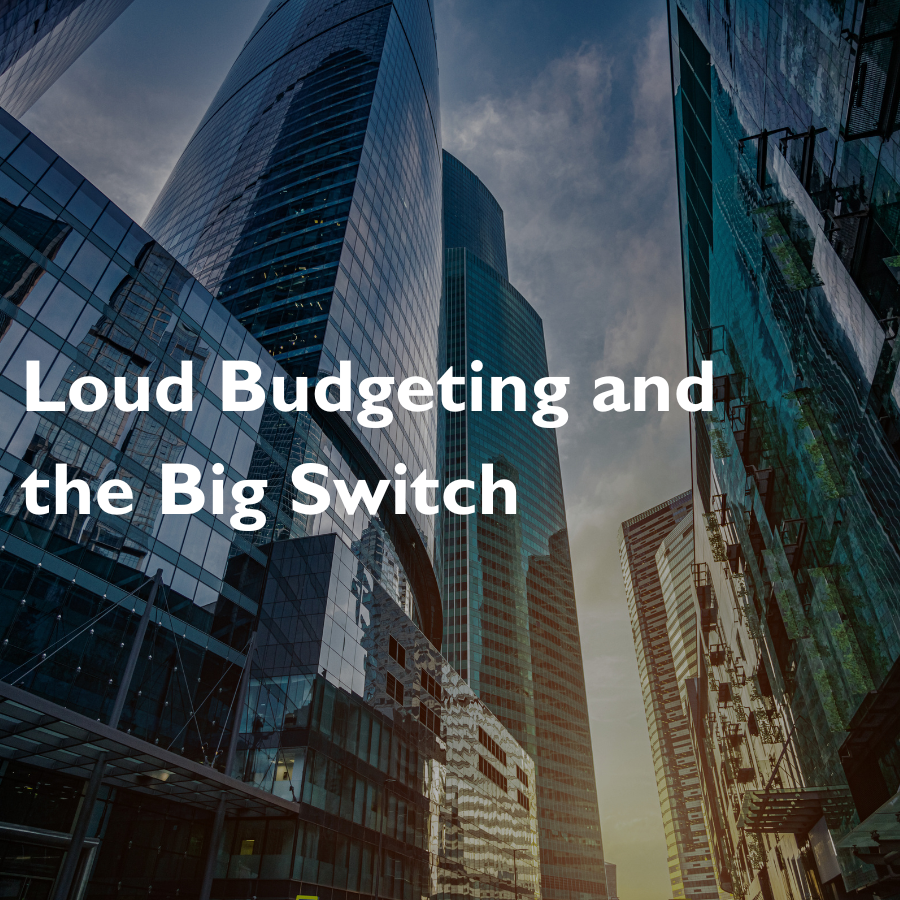




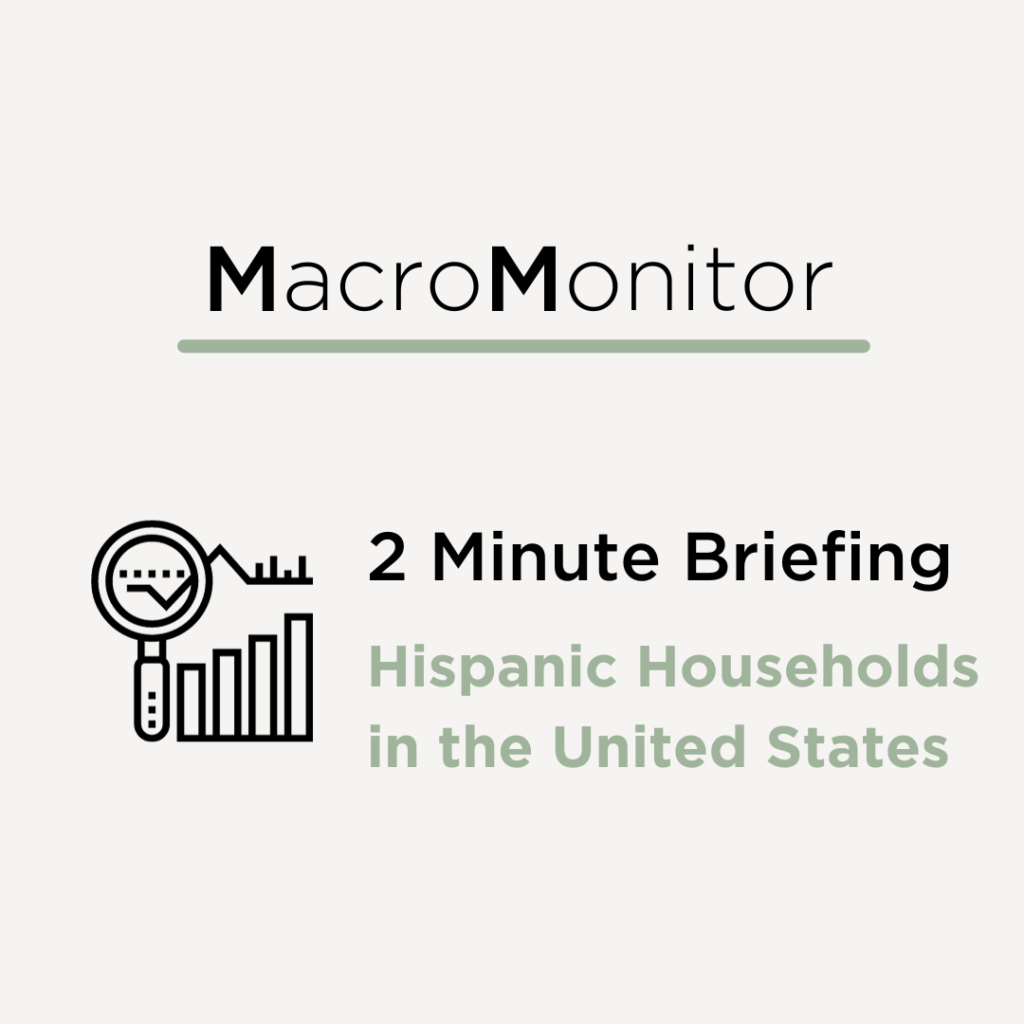
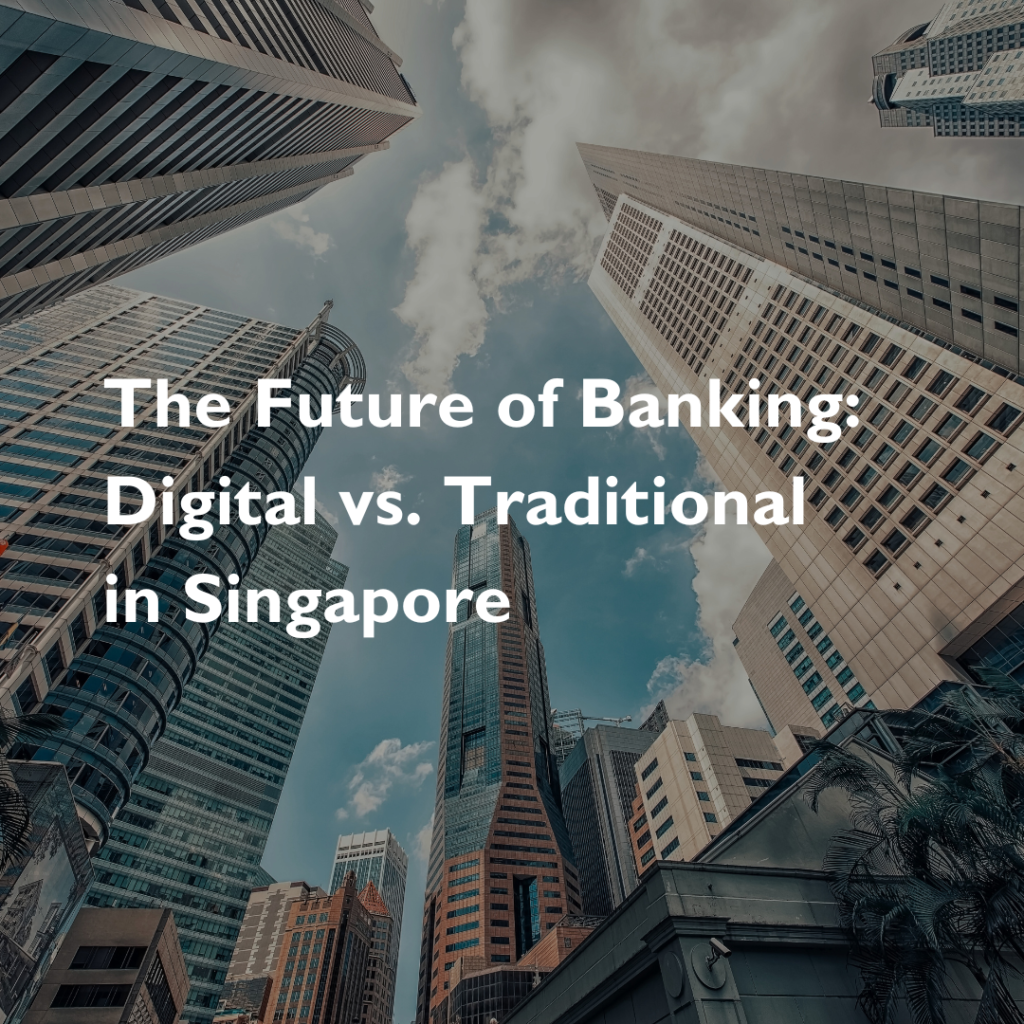







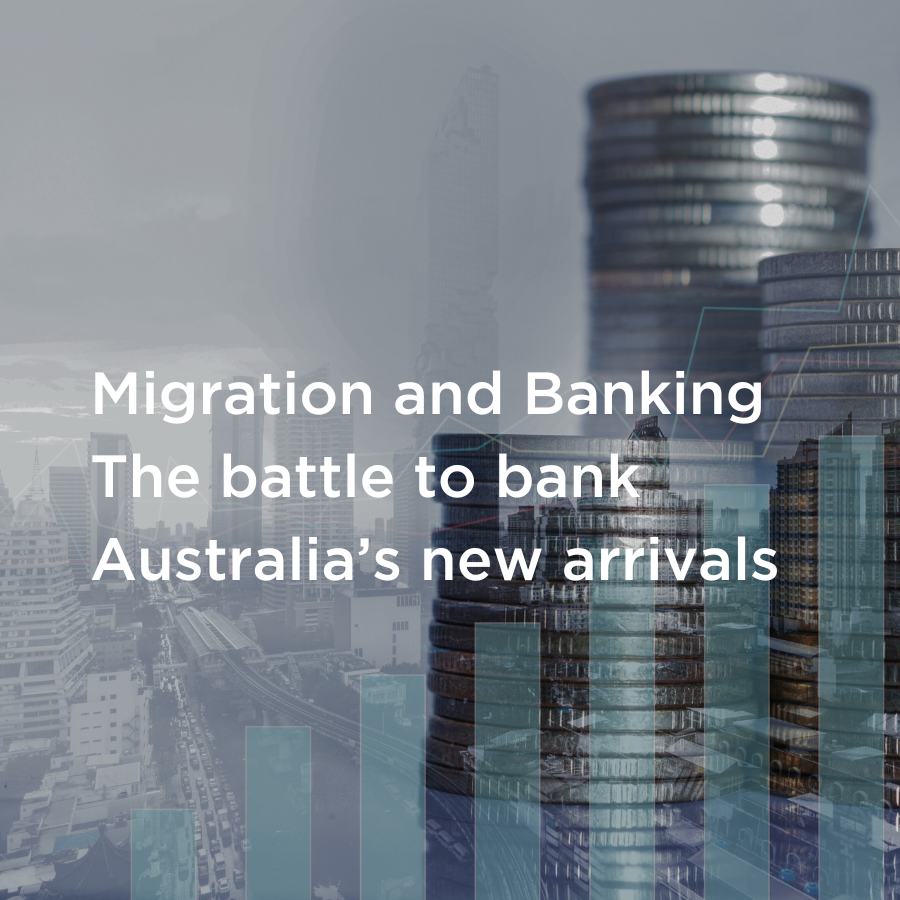
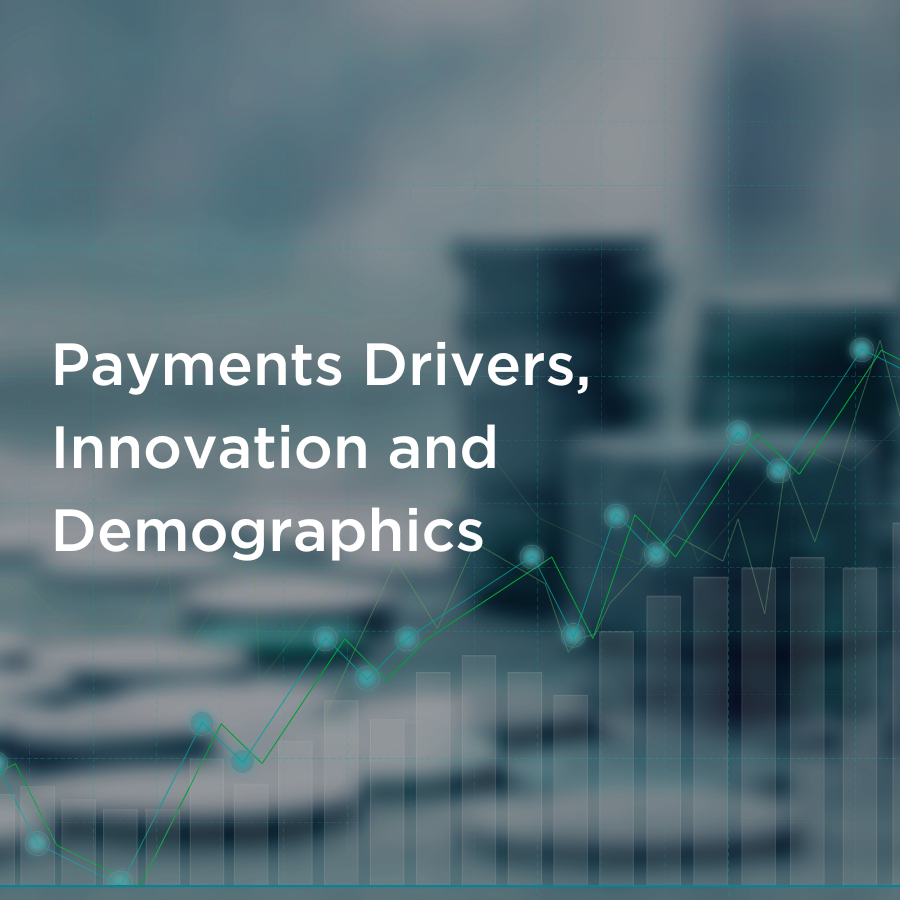



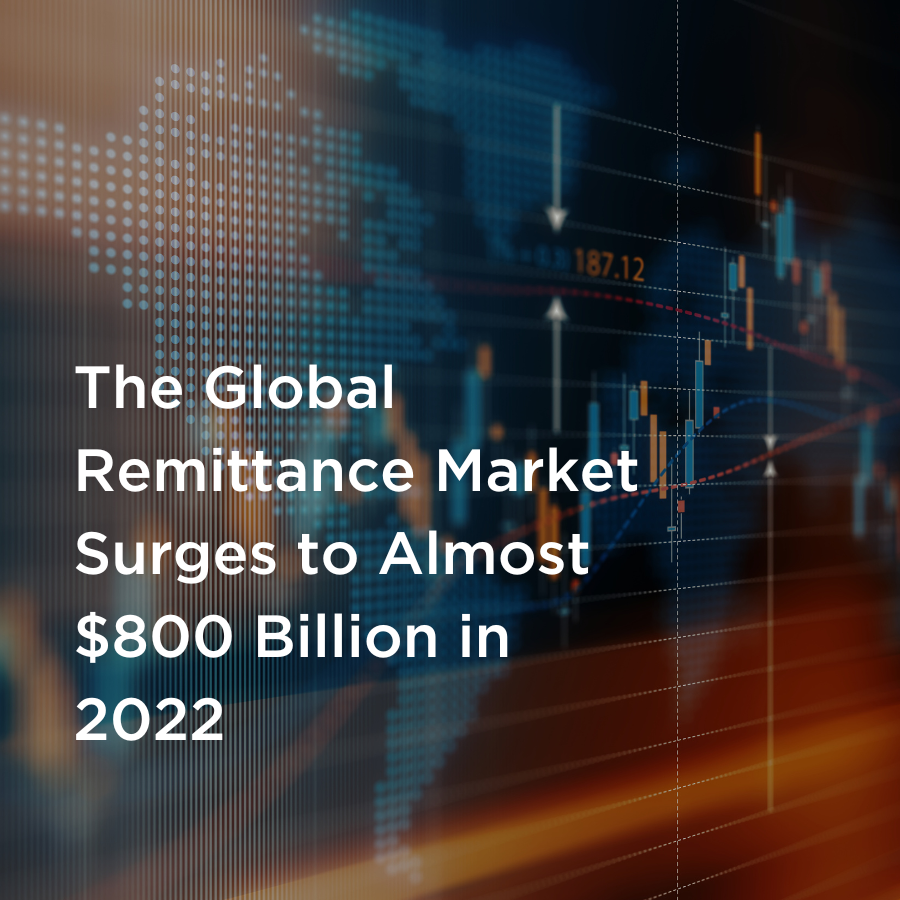





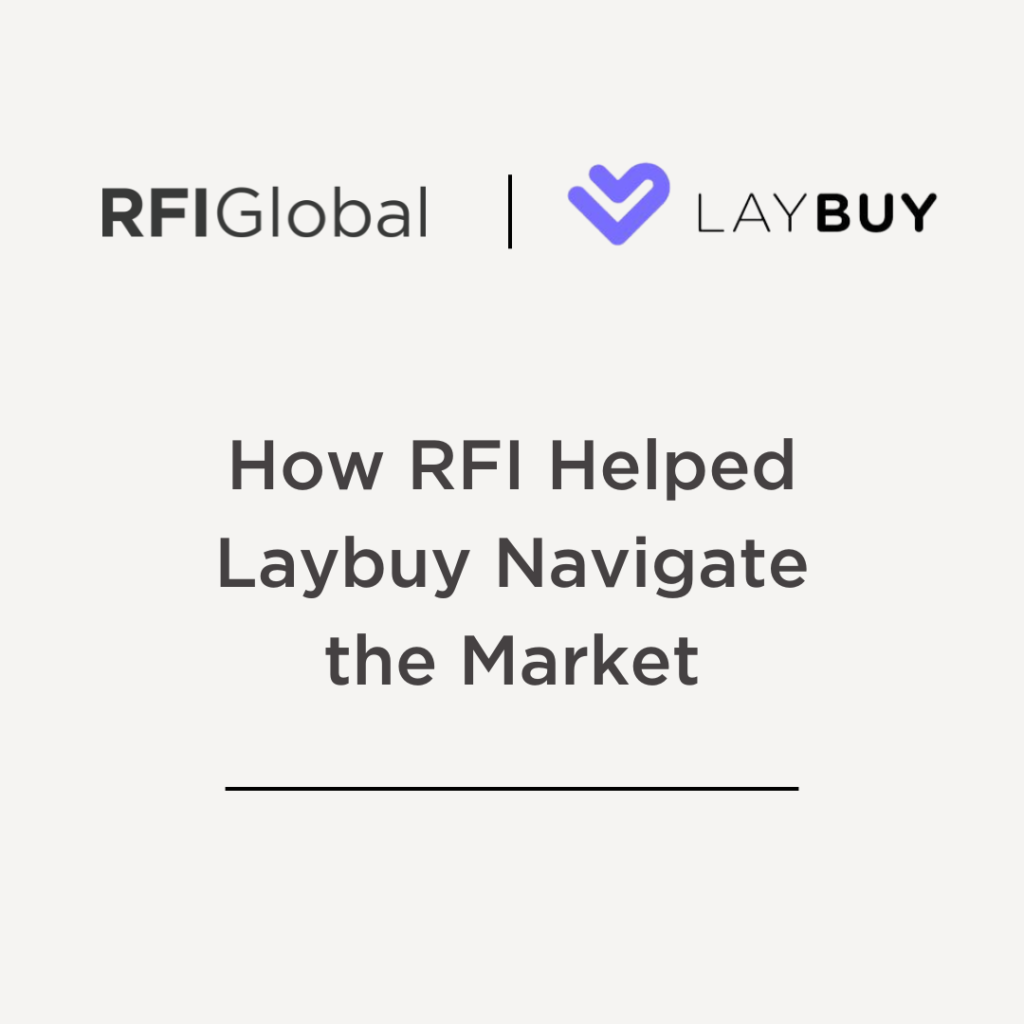
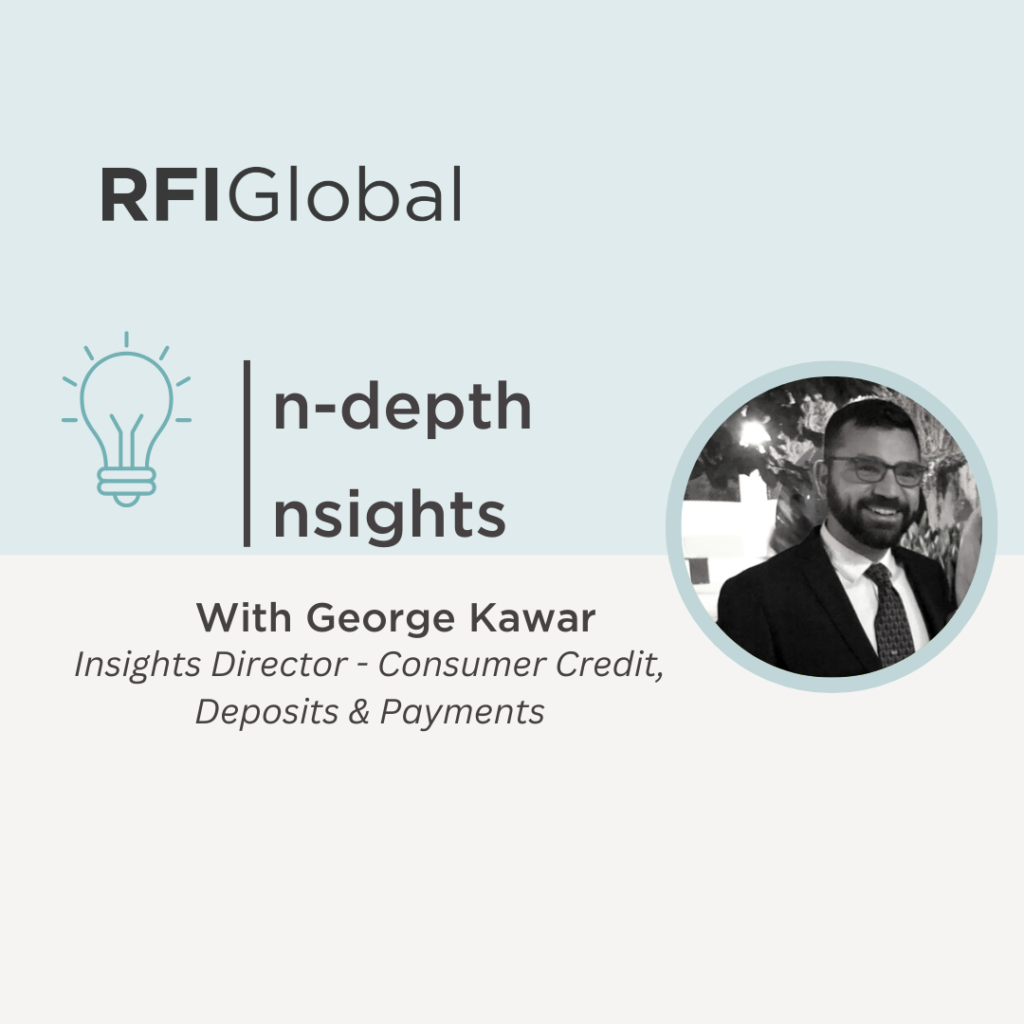


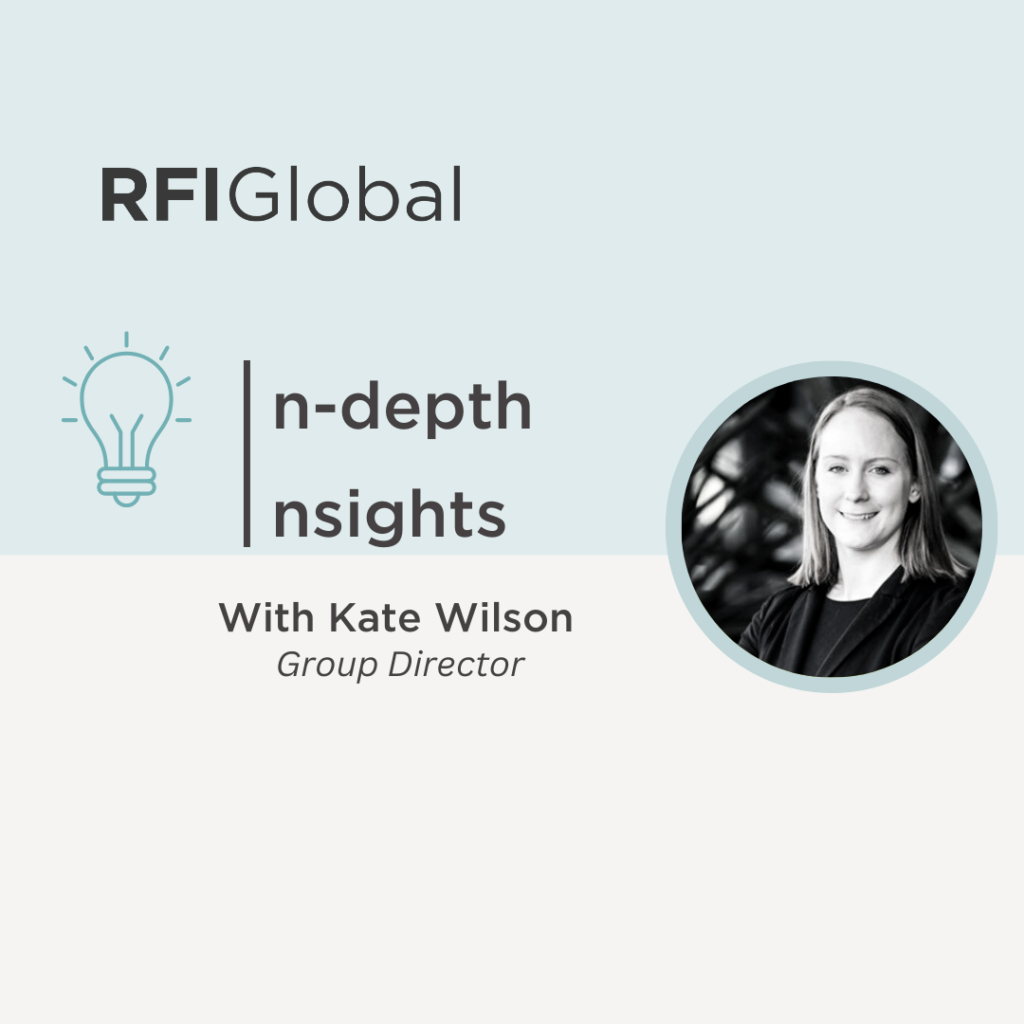



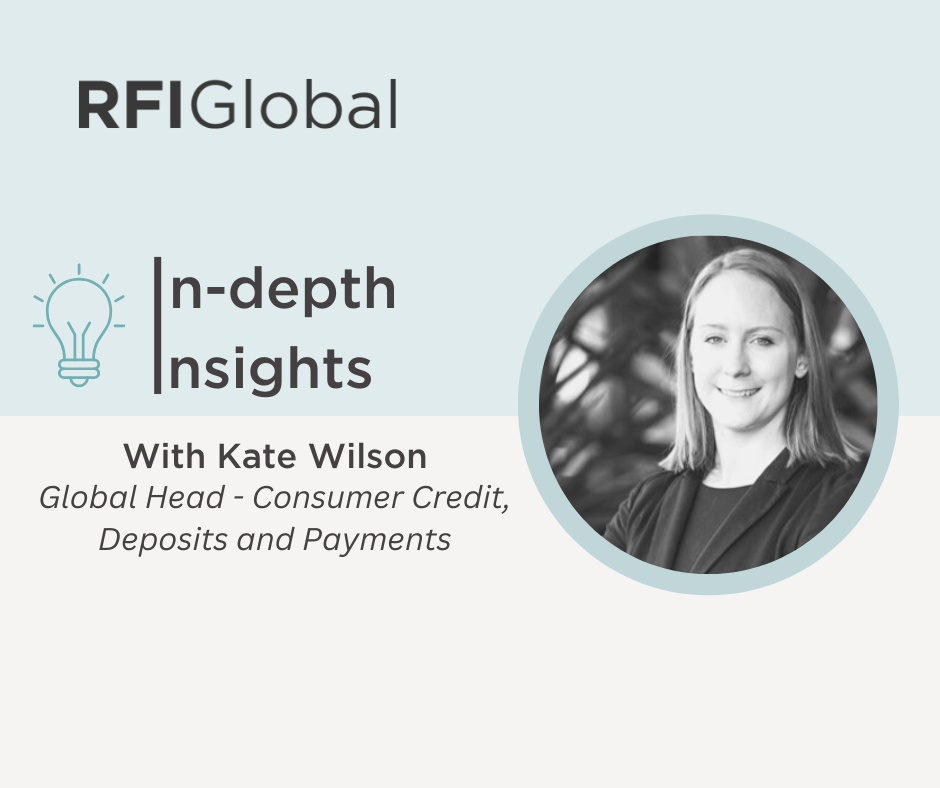
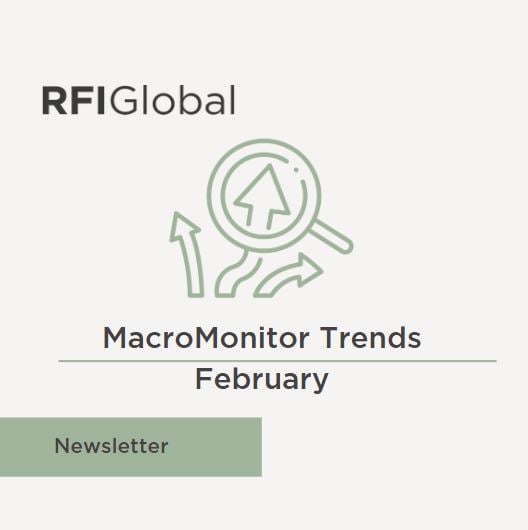


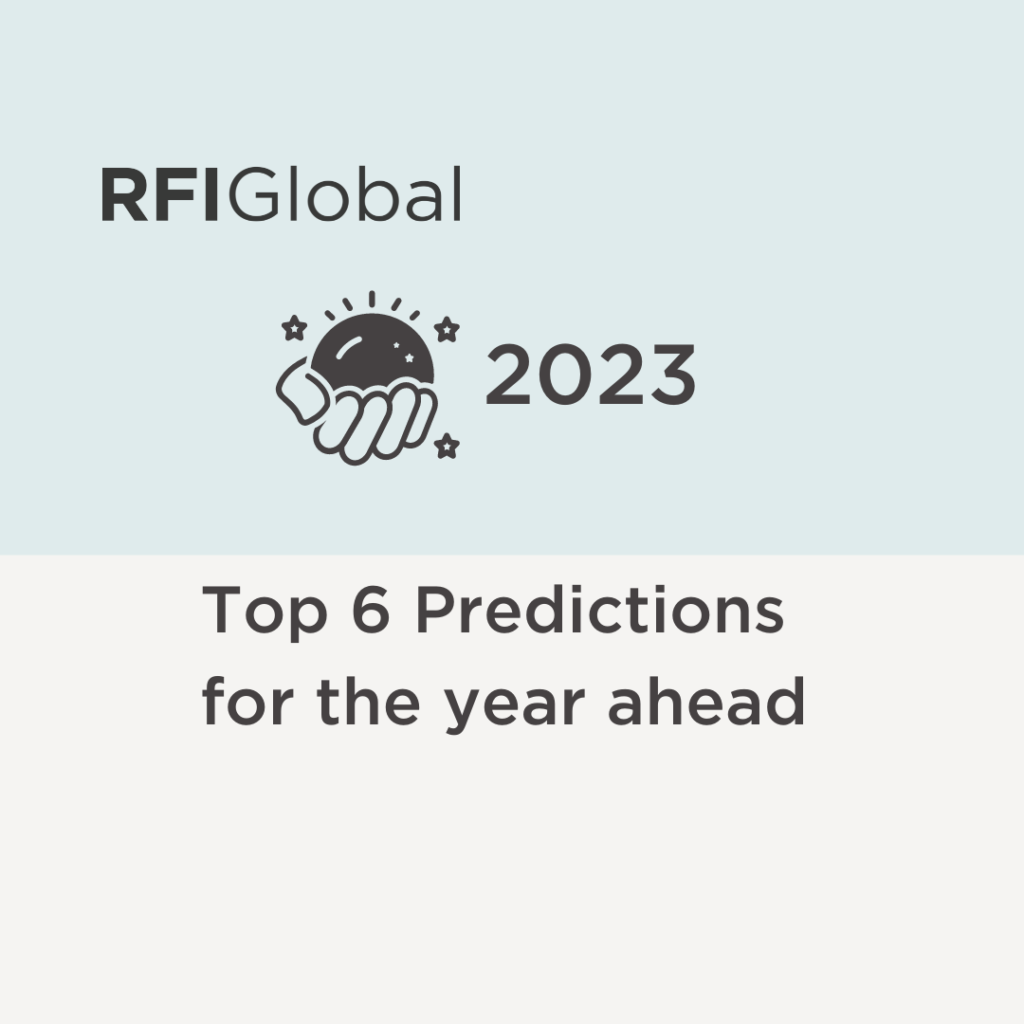










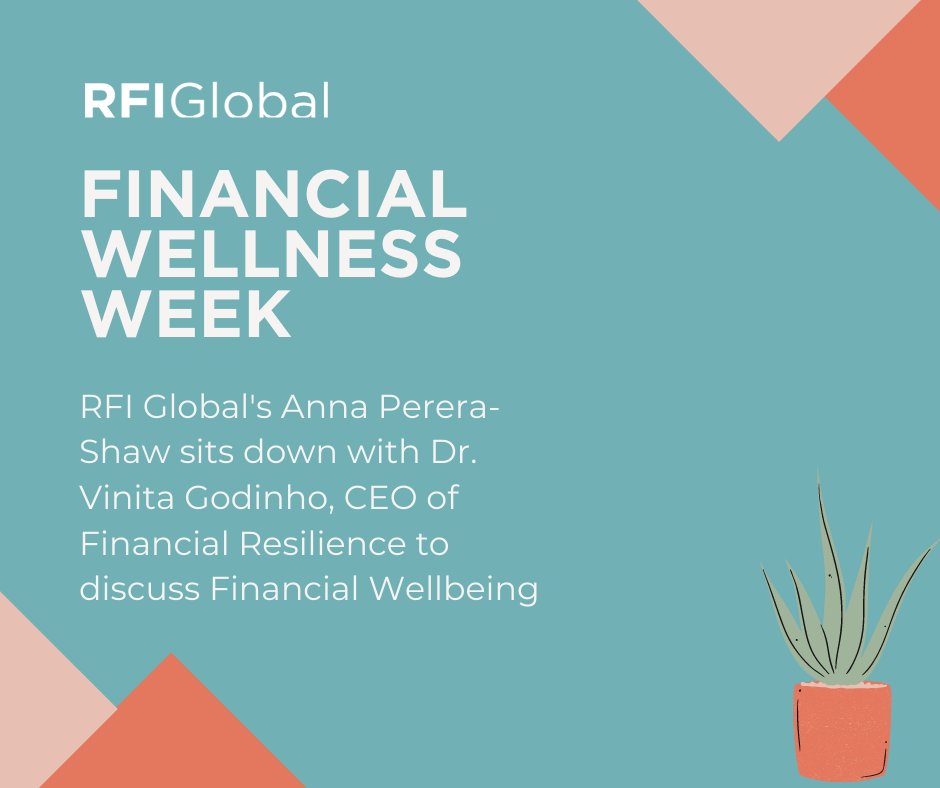





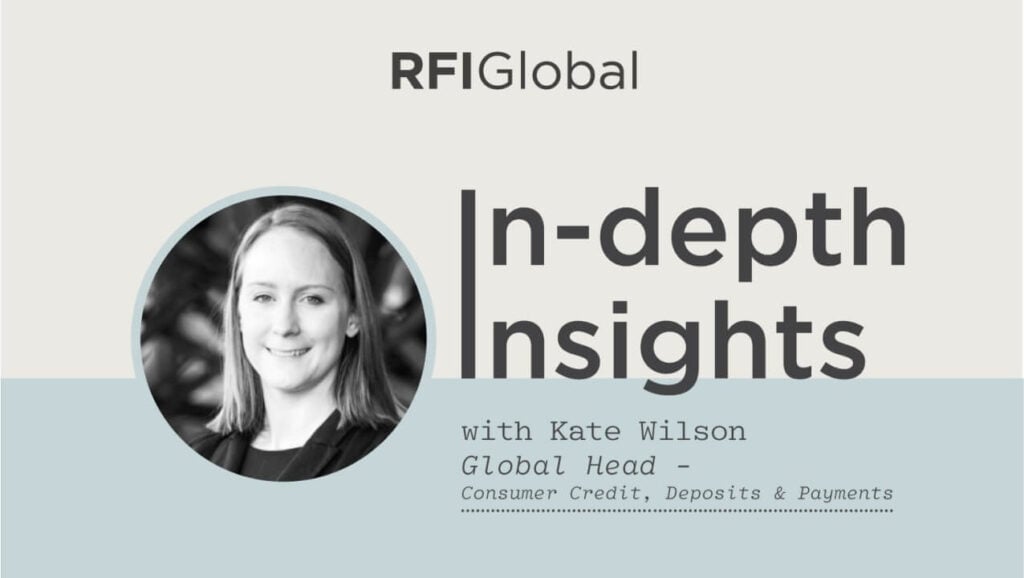










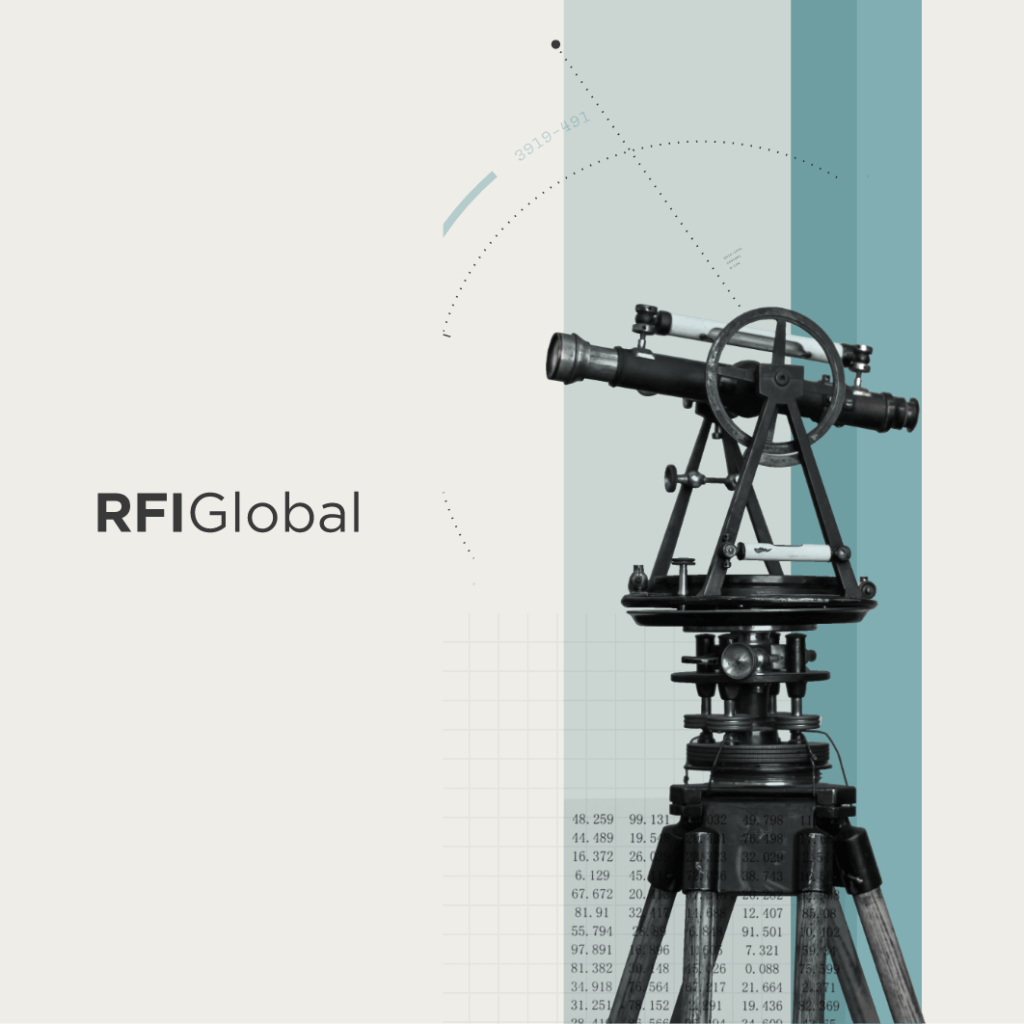


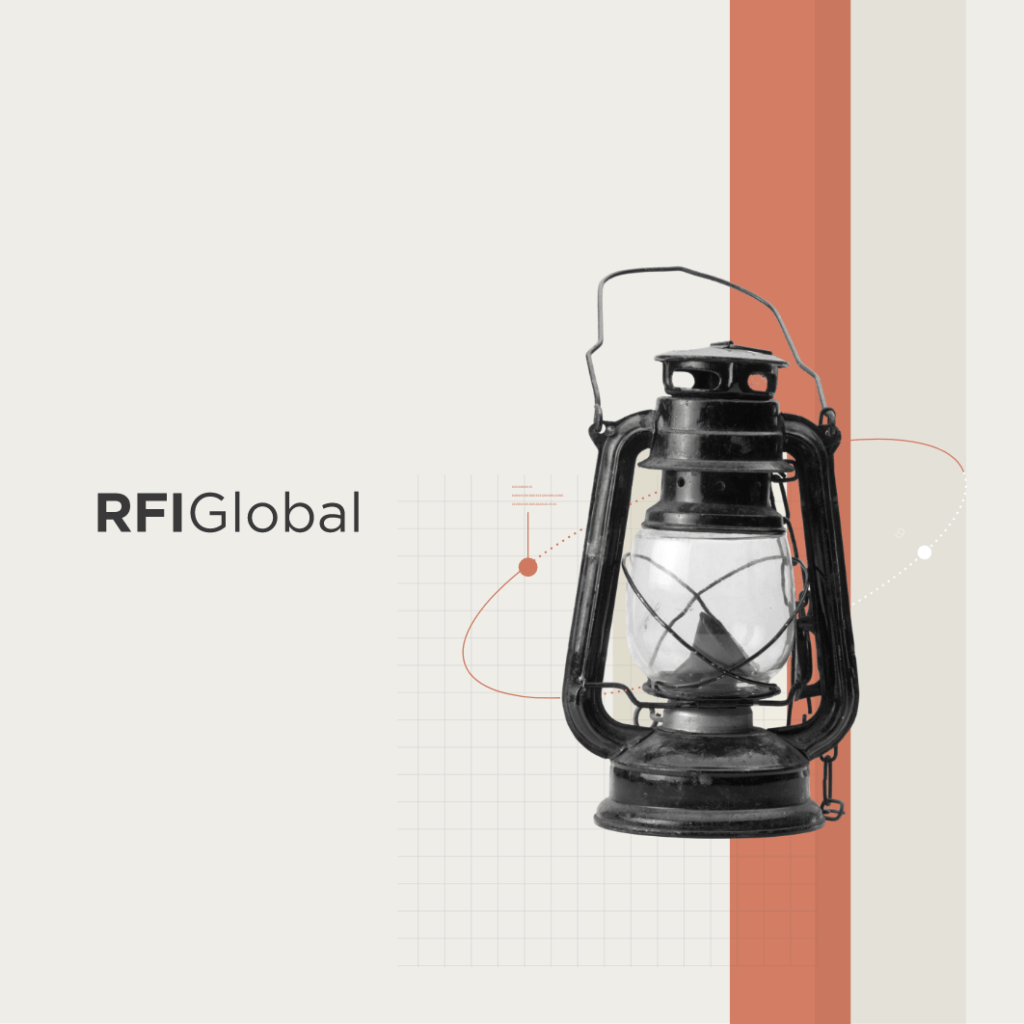
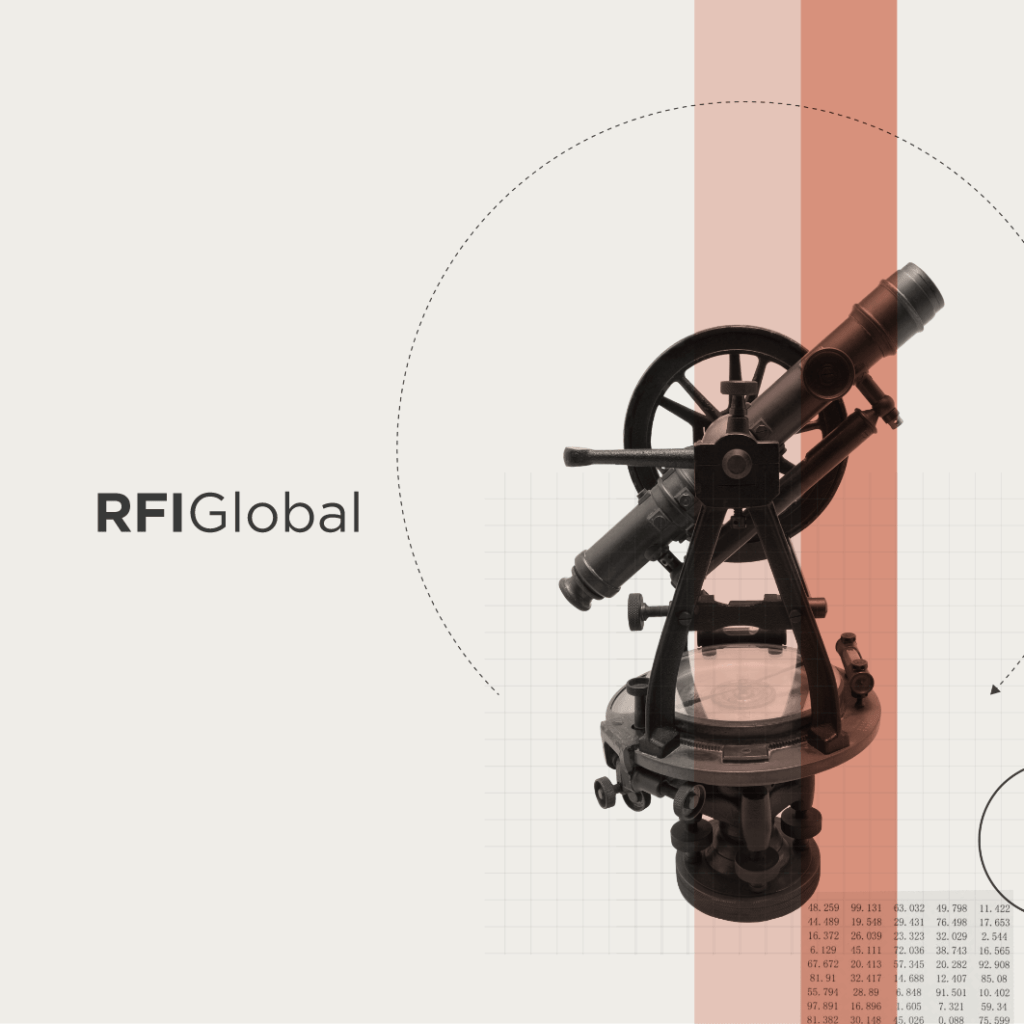
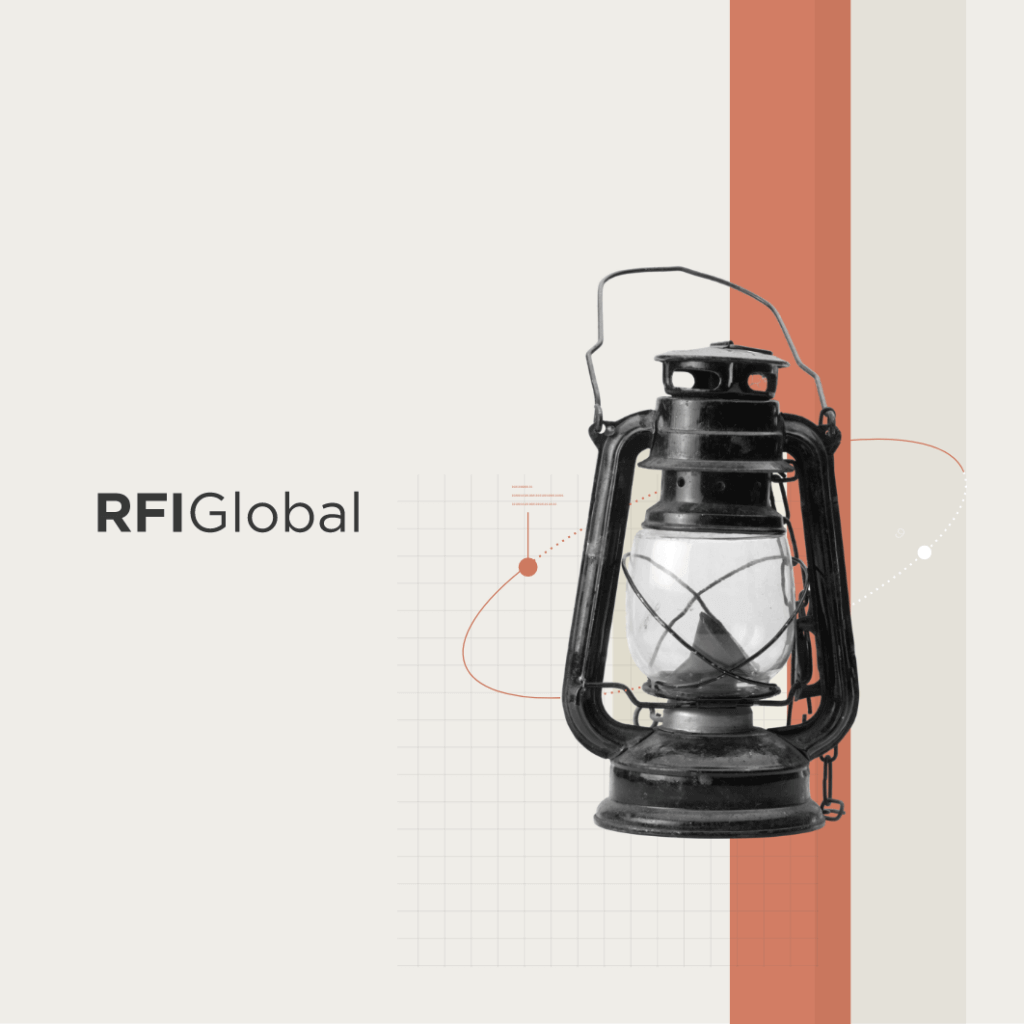
/NQA-ISO-27001-Logo-UKAS.jpg)